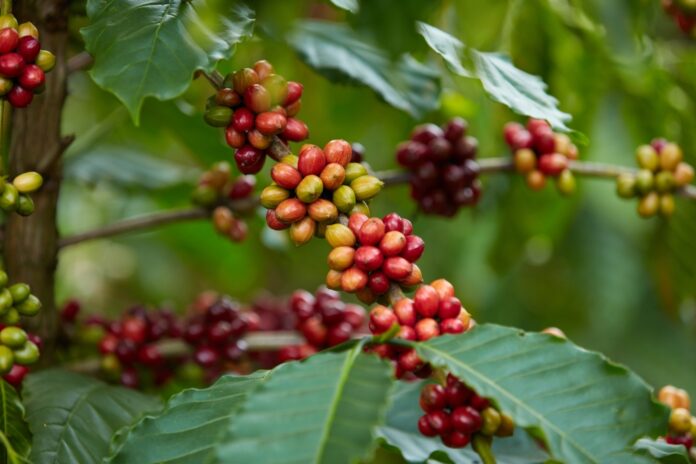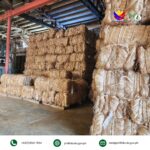Stakeholders in the Philippine coffee sector are urging the government to develop an updated roadmap to boost local coffee production, highlighting the country’s heavy reliance on imports.
At the first Philippine Coffee Sustainability Congress in Makati City on Thursday, the Philippine Coffee Board Inc. (PCBI) stressed the need to address the shortage of accredited coffee nurseries and improve access to quality seedlings. PCBI president Pacita Juan said farmers currently lack local nurseries and must travel far to test soil and crops, such as going to the University of the Philippines in Diliman.
The group noted that government support has so far been limited mainly to providing coffee roasting facilities. Meanwhile, domestic coffee demand ranges from 150,000 to 200,000 metric tons annually, but local production only reaches about 30,000 to 33,000 metric tons, leaving a large gap filled by imports. Average production stands at 500 to 700 kilograms per hectare.
Also speaking at the event, the Philippine Chamber of Agriculture and Food Inc. (PCAFI) proposed allocating at least P3 billion from existing agricultural tariff collections to fund coffee development programs. PCAFI president Danilo Fausto said about P5 billion is collected from tariffs annually, with 60 percent coming from coffee. He added that funds could be directed through the Bureau of Plant Industry (BPI) for developing new coffee varieties and planting materials, but only if the funding is included in the General Appropriations Act (GAA).
“The fund is there, deposited in the National Treasury. All we have to do is put it in the GAA and get that money and give that to the BPI,” Fausto said.







